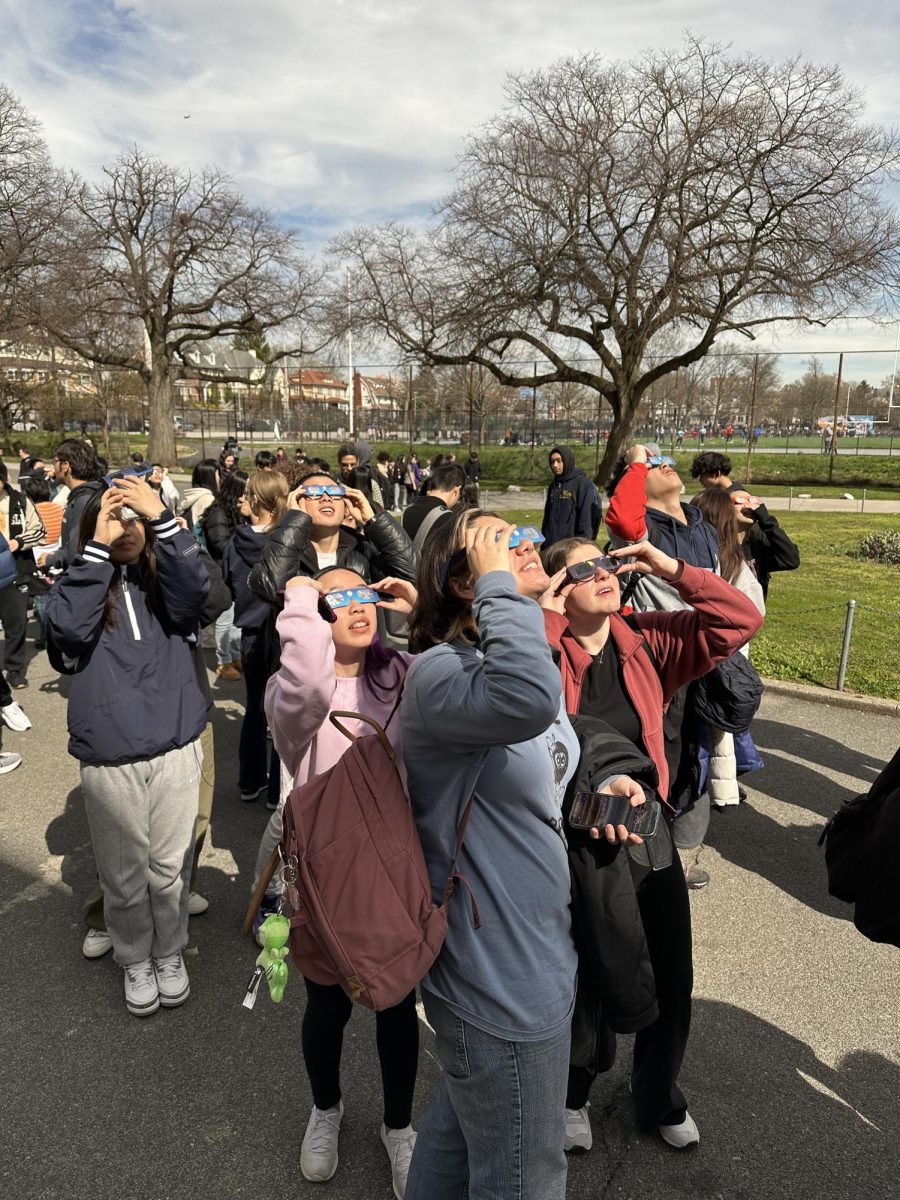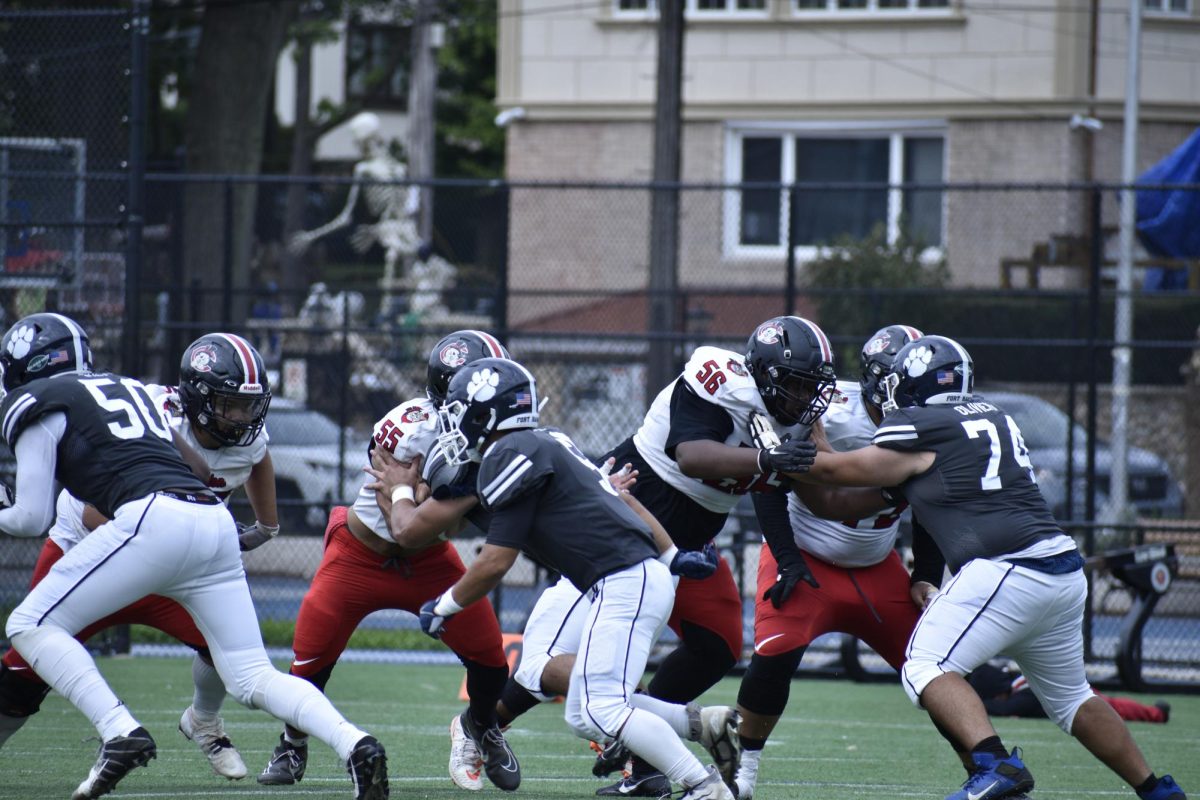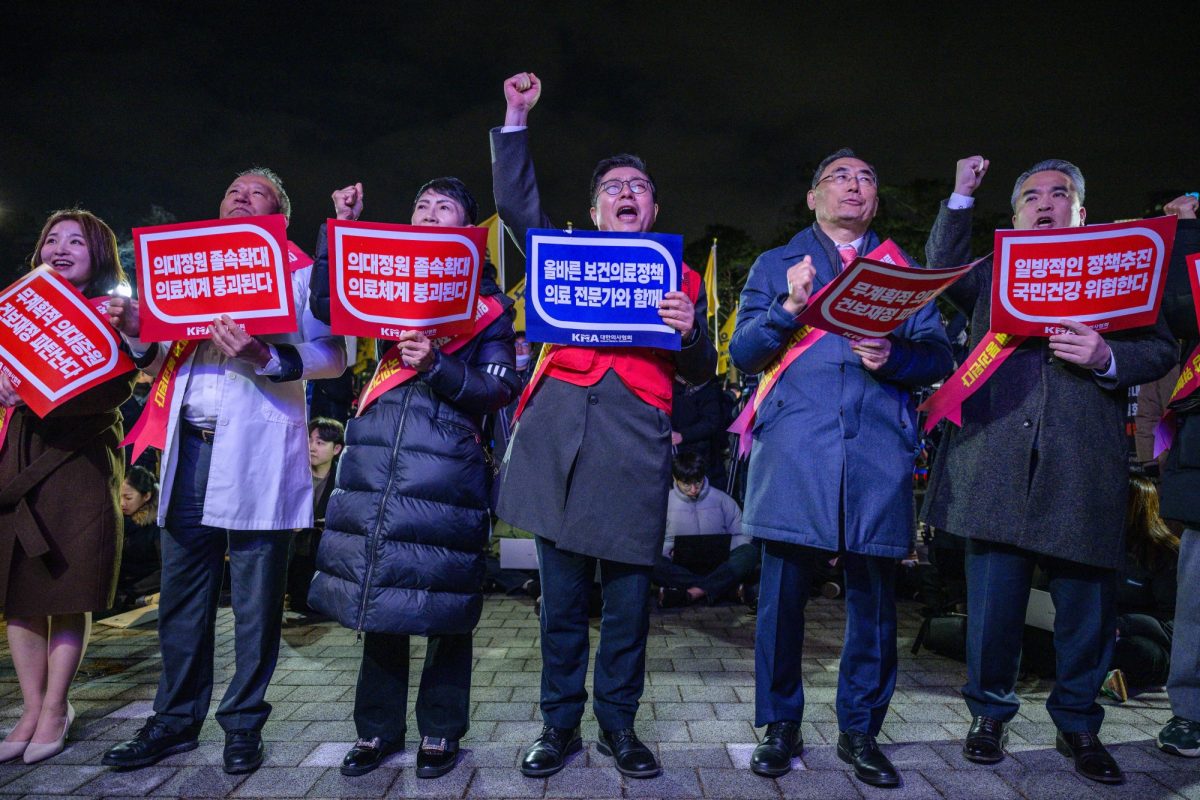
On the first day of Black History Month, the College Board decided to revise many sections of its nascent Advanced Placement African American Studies course, stripping it of scholars and texts associated with Black feminism, critical race theory and queer theory. This decision—which coincided with heavy criticism of the course by Florida Governor Ron DeSantis—has met with pushback. Representative Barbara Lee called out the College Board’s actions as “white supremacy in action,” and the American Civil Liberties Union derided the decision as “political censorship.” This is not the first time the College Board’s AP courses have drawn ire and accusations of racism. It most likely will not be their last time, either.
In 2014, during the grading of the AP World History exam, the College Board oversaw the release of T-shirts on the Cultural Revolution in China, prompting immediate condemnation for T-shirt’s racist caricatures of Chinese people and stereotypical “chop suey” font. Although it is customary for AP grading events to “feature commemorative T-shirts that reflect a question from the test,” according to an article in USA Today, the T-shirts are often playful and harmless. Hannah Kim, associate professor of history at the University of Delaware, declared that the T-shirt “hearkens [back] to this history of racist imagery.” The College Board ultimately apologized, saying, “It is unacceptable that one of the AP exam readers created a T-shirt that mocked historical events that were the cause of great pain and suffering, and promulgated racist stereotypes that further marginalize a racial minority.”
In 2018 the College Board faced another major backlash to its decision to cut a majority of the content covered in its AP World History course.
The curriculum—which had hitherto covered history starting from 8000 B.C.E. and ending in the present—was changed to begin in the year 1450 C.E. The revised curriculum cut out a majority of history from other countries, so that students in the course would no longer be taught about the establishment of world religions such as Buddhism and Daoism, or any of the major ancient and classical civilizations such as Ancient Egypt or the Indus Valley civilization.
As many pointed out at the time, including The Diamondback, the official newspaper of the University of Maryland, the revised curriculum centered European history, while disregarding the history of non-European civilizations. “By emphasizing that the most pertinent history occurred at the height of the European Renaissance, the course dismisses thousands of years of non-white successes and tribulations,” commented Maris Medina, a former AP World History student who authored an article on the proposed changes in The Diamondback. “It isolates the students of color in the room — like me — who already don’t receive more than a couple paragraphs in an American history textbook.” The College Board amended its decision, and in 2019, restored 250 years to the revised curriculum, which now begins with the year 1200 instead of 1450.
Yet even aspects of the already existing AP World History curriculum are problematic, particularly in its representations (or lack thereof) of Korean history. In a chapter on the role foreign trade played in the development of East Asian countries, one popular textbook for the course reads, “Korea struggled to maintain its own identity and culture.” This frames Korea as if it simply lacked culture prior to the 1900s, which is historically inaccurate and culturally illiterate.
The textbook also includes various references to Korea as the hermit kingdom. What the textbook does not discuss is the fact that Korea actually served as the cultural interlink between China and Japan, which is extremely important to mention when discussing Korean culture and East Asian history. In fact, most of Korea’s history, unlike China’s and Japan’s, is absent from the textbook. There is no discussion of the Koryo period, nor is the Joseon Empire discussed in the slightest.
Given these racially insensitive and problematic decisions, it is unsurprising that the College Board has bowdlerized its own AP African American Studies curriculum. And while it makes sense to be outraged over this injustice by the College Board, it’s also important to keep in mind that the College Board has done this before, and often fails to correct its course unless teachers and students across the country mobilize, sign petitions, and voice dissent. Certainly, people can forgive the College Board if they acknowledge their mistakes and revert the AP African American Studies course to how it previously was, but we should not get our hopes up and assume that they will do better in the future.
























